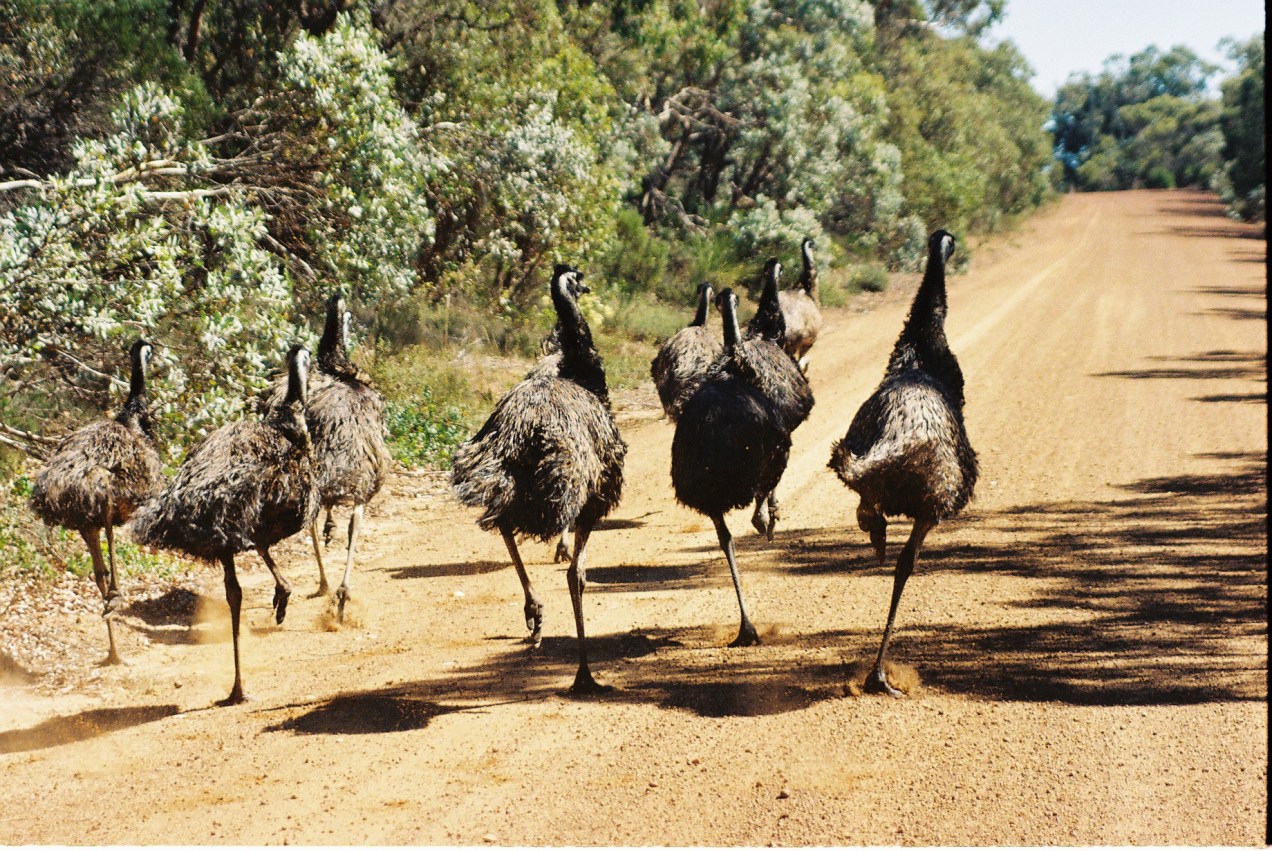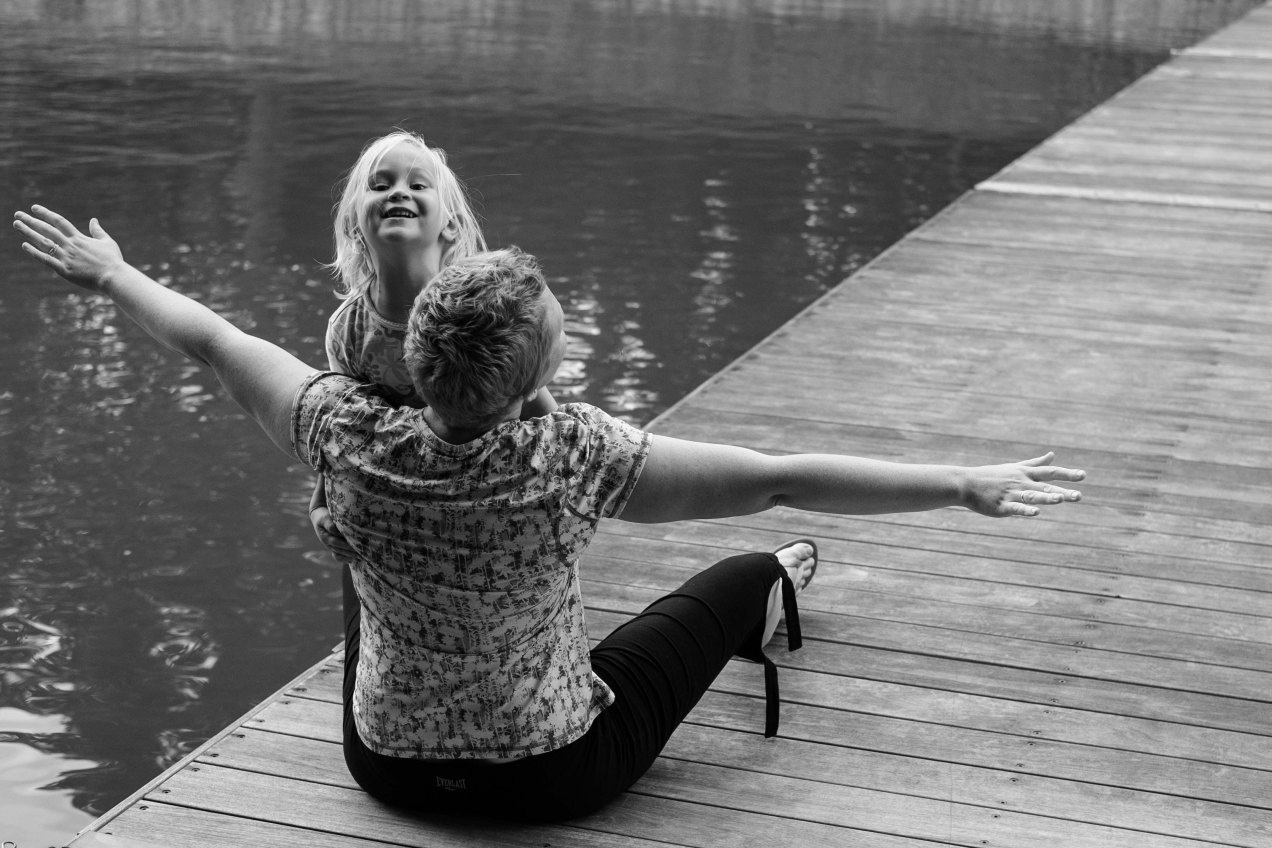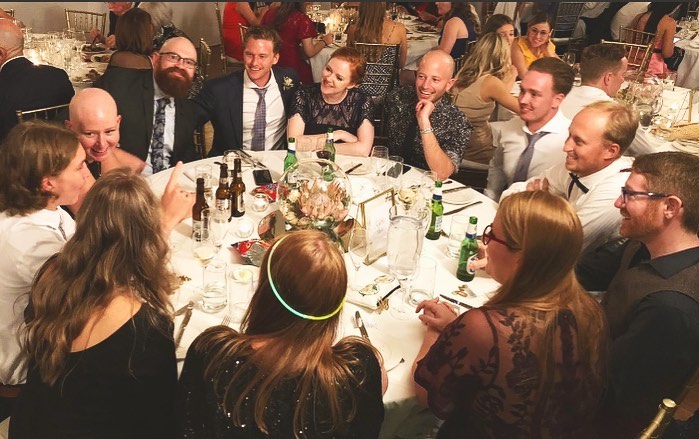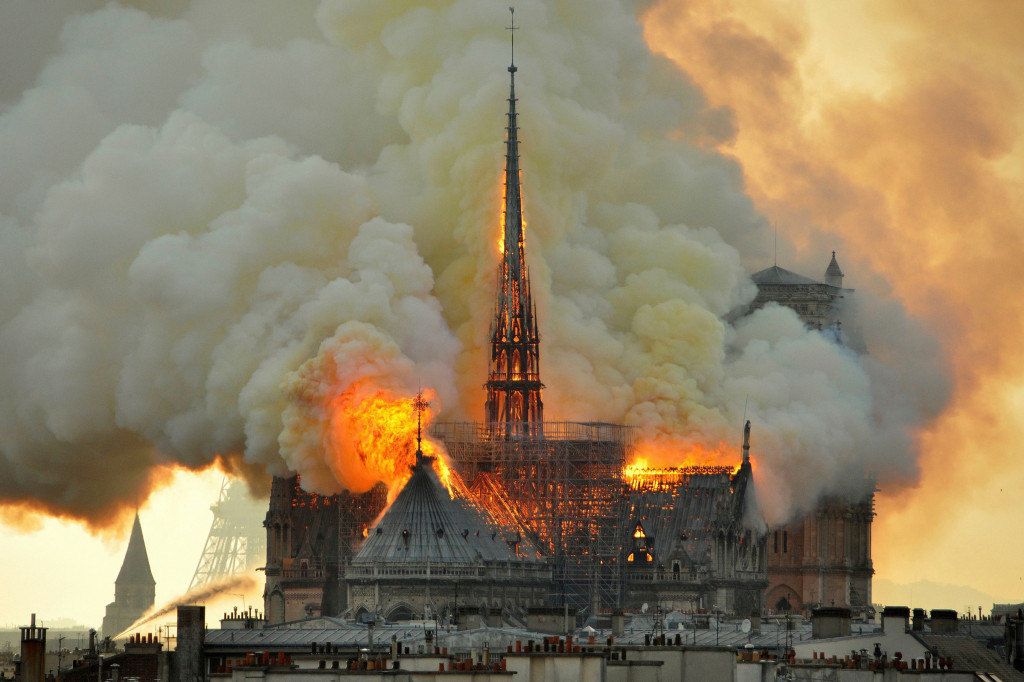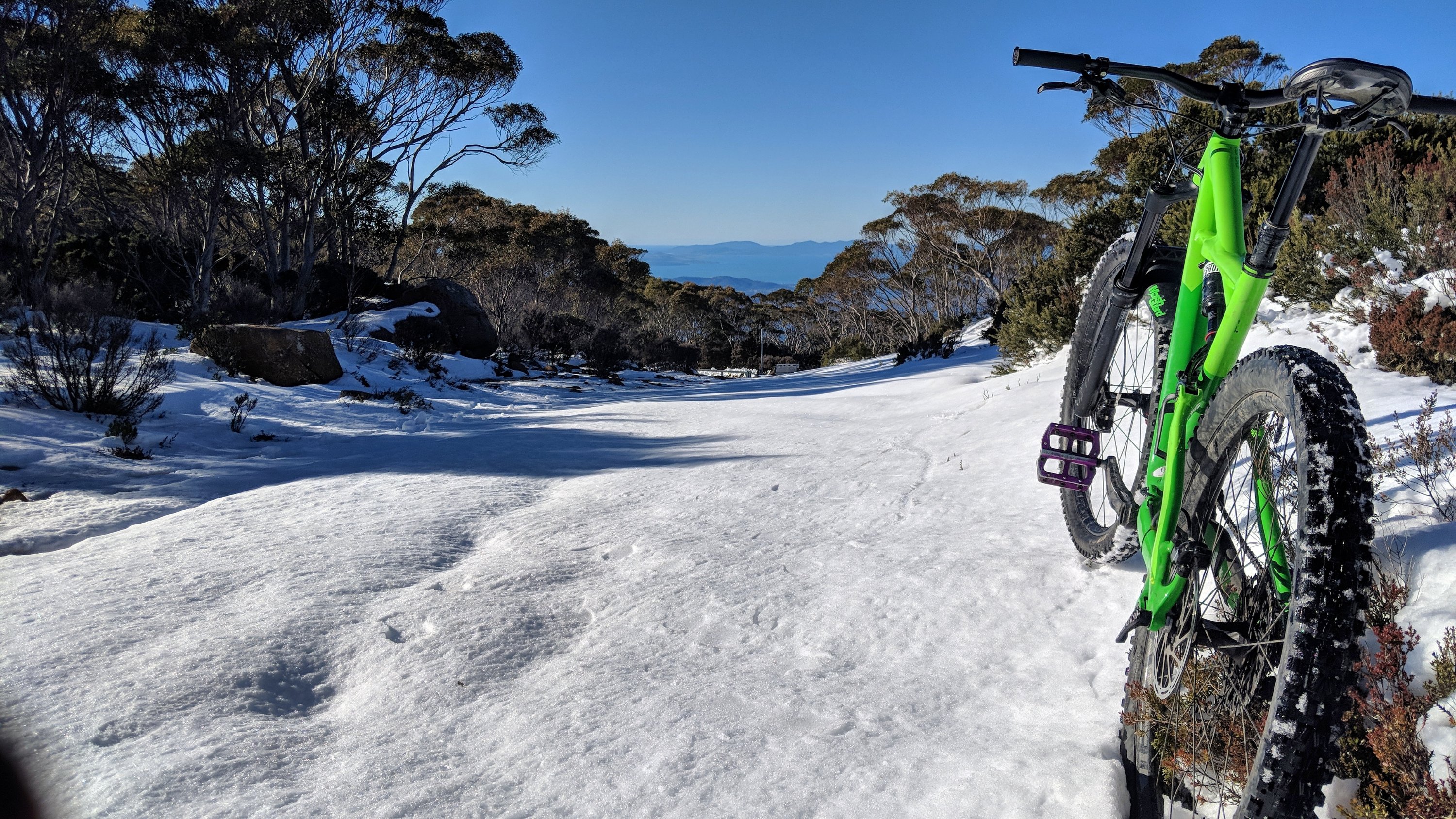For eight decades the author Gerald Murnane has watched as invisible horse races are run at the edges of his mind.
He says the running of the races has brought him enormous satisfaction throughout his literary life and he has obsessed, as the poet Robert Bly advised, over the details of each field.
He knows the names of the jockeys and the colours of their jerseys, the breeds of each horse and the odds on the races as they are run.
He has been collecting and collating these details since he was a young boy listening to the radio each time his father turned it on, hundreds of kilometres from Melbourne’s Flemington racecourse but with no need to be any closer.
After several decades of watching these races overrun the landscape of his imagination he began to document their details as they were presented to him, baffling his wife who simply wondered where he’d found the time while raising children and authoring ten books.
A few years ago I wrote about the scenery my mind seems to settle on when I’m thinking of little else, which was a concept that wholly confused my brother, leading to the revelation that he had aphantasia.
Aphantasia literally means the absence of fantasy but refers to a condition where a person has no mental image or mind’s eye; their thoughts are unaccompanied by anything akin to the photo carousel or visual melting pot others may have. (His partner, who has something closer to a photographic memory, has coined the excellent descriptor of him as being, occasionally, a-fantastic.)
Where for some reason I would see the backyard of my childhood neighbour’s home when my mind went otherwise blank, my brother’s mind would go something closer to literally blank.
I have no further ability to comprehend how he thinks other than this, just as he has no understanding of how I could possibly have any sort of imagery associated with my thoughts.
He’s a veterinarian and has spent more hours around horses and racecourses than I have ever felt necessary, yet I am much more inclined to relate to Gerald Murnane’s archive of invisible horse races.
But at the edge of my mind there is no series of invisible and unending horse races.
There is a backyard from my childhood neighbourhood, the stairs leading to my school hall and occasionally some other static scene that feels, for some reason, peaceful.
I don’t obsess over the details of each of these locations and I’ve now not returned to any of them in decades and so can’t be sure if the recollection is at all accurate.
Memory is fallible and prejudiced by fantasy and more favourable views of your own experiences.
At times I admire my brother’s inability to recall such scenes and imagery, because it seems to prevent him from the curse of dwelling on the past.
Sentimentality causes far too many problems and he seems immune from such frivolous time wasting.
I haven’t questioned him about it, but he appears singularly focused on the future and all the opportunities presented by the unknown.
He cannot again see what occurred in the past and appears unconcerned with what happened there, but it is a place I spend a wholly unreasonable amount of time.
Is anxiety just a concern for the future based on a misremembered view of the past?
When my mind is calm I go to those places of childhood comfort, and though I didn’t consciously choose them there must have been something about my disposition at the time that solidified those scenes.
Most of the time I find myself dwelling on more recent memories; on interactions with friends or professional decisions I made that leave a bitter taste in my mouth.
I know the odds of these horse races; I know the colours of the jerseys the jockeys wore.
I am intimately familiar with the outcomes of these interactions and yet I go over them again and again hoping that I can somehow retrospectively influence the result.
The odds remain the same and I hate gambling, but logic and anxiety rarely go hand in hand.
Gerald Murnane’s archive of invisible horse races sounds to me less like a repetition of races already run and regretted and more like a port in the storm; a scene he contemplates to ensure he still has a sense of control.
Because, of course, he is not simply the dutiful archivist of these races. He is God. He is the owner of this racecourse; he has rigged each race to his favour and he knows the name of each jockey because he named them.
Maybe it took him eight decades to achieve but to me that is an impressive ability to ensure dominion over his own mind.
I think that’s something to strive for.
